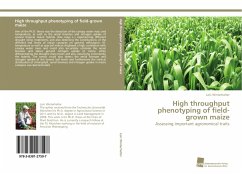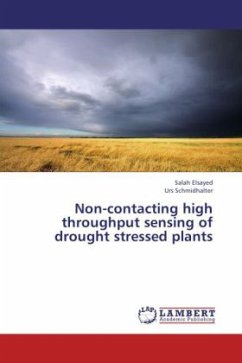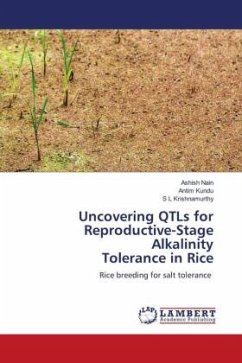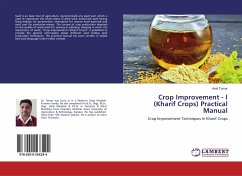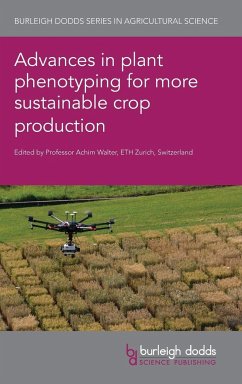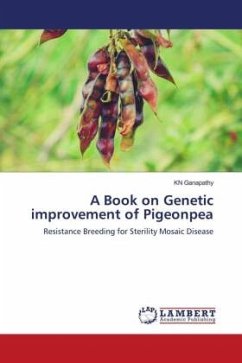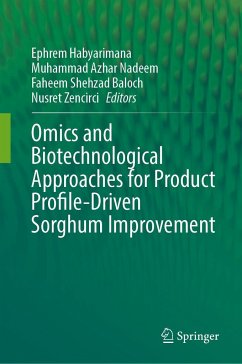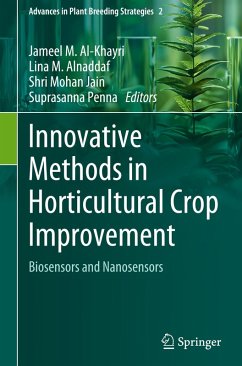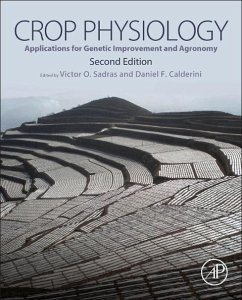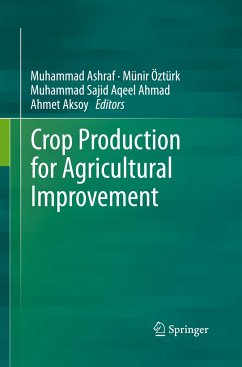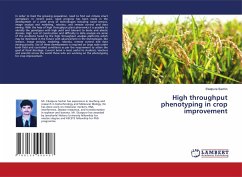
High throughput phenotyping in crop improvement
Versandkostenfrei!
Versandfertig in 6-10 Tagen
27,99 €
inkl. MwSt.

PAYBACK Punkte
14 °P sammeln!
In order to feed the growing population, need to find out climate smart germplasm. In recent years, rapid progress has been made in the development of a wide array of technologies including novel sensors, image analysis and modeling, robotics, and remote control and data mining. With the help of high throughput plant phenomics it is possible to identify the genotypes with high yield and tolerant to biotic and abiotic stresses. High cost of construction and difficulty in data analysis are some of the problems faced by the high throughput analysis platforms which may be minimized in the future w...
In order to feed the growing population, need to find out climate smart germplasm. In recent years, rapid progress has been made in the development of a wide array of technologies including novel sensors, image analysis and modeling, robotics, and remote control and data mining. With the help of high throughput plant phenomics it is possible to identify the genotypes with high yield and tolerant to biotic and abiotic stresses. High cost of construction and difficulty in data analysis are some of the problems faced by the high throughput analysis platforms which may be minimized in the future with advancement in the technologies, like sensors, image analysis, modeling, robotics, remote control and data mining process. Use of these developments is required on large scale under both field and controlled conditions as per the requirement to attain the goal of food shortage. Current book is most useful to students, teachers and scientist across the world those who are working on the phenotyping for crop improvement.



